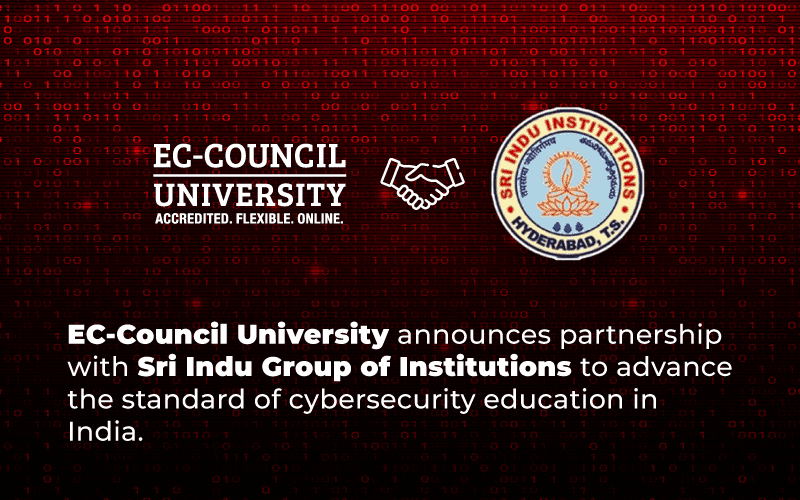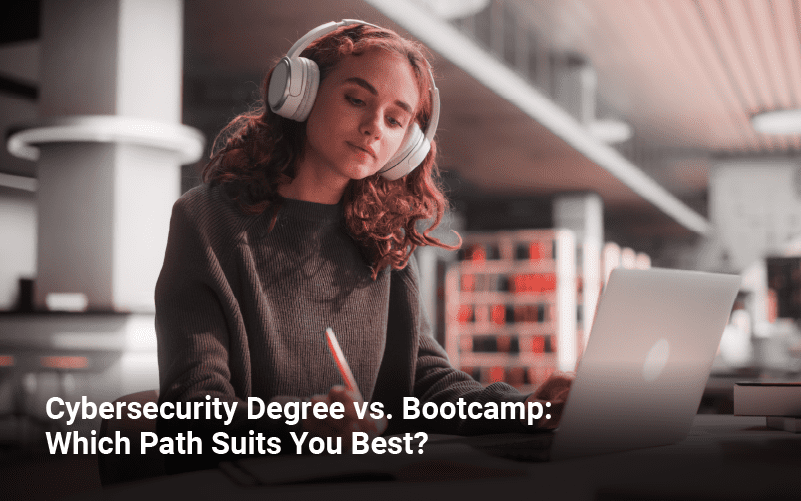5 Ways to Fill the Growing Education Gap Through Online Learning
October 20, 2022 | Brady Nelson
If you’re reading this, you remember what it was like under the lockdowns.
It was the first time we depended on conferencing technology like Zoom to communicate, learn, and relate.
But it also created a growing education gap.
The emergency caused a rush to new technology by organizations that weren’t ready for the transition, increasing existing education gaps and creating new ones (Hill, D., 2021).
But while it increased the education gap for younger students, it drove adoption for older students. As a result, over the last five years, eLearning has developed into a multi-hundred billion-dollar-a-year industry (McLee, J.).
There was already high growth before Covid-19, with global edtech investments reaching $18.66 billion in 2019. But since Covid-19, the overall market for online education is projected to reach $350 Billion by 2025 (Li, C.; Lalani, F., 04/29/2021).
So adoption is growing, along with the ease of the technology involved and societal acceptance. But can internet education replace conventional methods and help fill the learning gap?
If you’re a student entering the workplace or someone who needs to close a gap in your knowledge to change careers or advance in your current one, is online learning a viable choice? Here are five ways online learning fills the growing education gap.
1. It Frees Up Your Schedule
Returning to school can conjure memories of long commutes, dreary course schedules, and demanding deadlines.
For someone with a full-time job or a family, the prospect of signing up for conventional classes rules itself out immediately based on these common qualities alone. E-learning liberates education from restricting schedules and hard-to-reach physical locations.
You don’t have to report to a particular classroom at a particular time. Instead, you can watch the lectures and do the coursework when you’re ready and from the comfort of your own home. This decentralization opens up other exciting avenues that are unavailable to conventional students.
Not only can you raise a family or work and go to school, but you can also now take courses offered by major universities in your hometown or even while abroad (IMBC, 2022).
Think of it as the difference between cable TV and streamers like Netflix. Or, even more apt, the difference between movie theaters and Netflix.
Because many of the offerings are in the cloud, students can build a schedule tailored to their lives rather than the other way around.
This is also thanks to video conferencing technology that allows for personal meetings with instructors and classmates without the need to travel great distances or consume time and energy. Bringing us to the next way that online courses can help close the education gap.
2. Online Learning Is Personalized Learning
Unlike the standard curriculum, internet education offers many distinct and customizable pathways for any subject (Bogle, S., 2017).
Providers like Coursera and edX offer courses in accredited subjects that have been disentangled from the mass of unrelated subject matter schools often require.
That means that students can pursue classes directly related to the subject they’re interested in without bothering with lessons that aren’t. Internet education also increases the number of peers you’ll have. Think about it: instead of a class size limited by the number of desks that can fit in any given classroom, you’re enrolled in a program with a limitless capacity.
That means there are a ton of people in your situation that you can commiserate online, share notes, and boost your learning potential. Course lectures and videos are also available for playback, allowing for a go-at-your-own-pace approach that’s impossible in conventional schools.
3. It’s Affordable
Conventional schooling costs more than just time—tuition is often expensive and is only a gateway to further purchases of books, student fees, and transportation costs.
You can save money with many online learning programs simply by avoiding these costs, thanks to online learning’s decentralized nature.
But there are also plenty of free options on internet hubs offering resources and lectures across various subjects. This includes well-known platforms like YouTube, with channels like Khan Academy that offer courses and guides for many high school subjects.
The Linux Foundation’s free online courses saw a 40% surge in subscriptions during the quarantine, showing the power these online learning resources have (McLee, J.). But even the premium options offer free material.
450 Ivy League schools now offer free online college courses, and platforms like Coursera and edX offer over 13,000 online courses from 900 universities (McLee, J.). The Coursera and edX courses are free to look at, and you’re only required to pay if you want to complete the homework assignments they offer and receive a certificate of completion. Tech companies like IBM and Google now also offer free courses in programming and digital marketing.
4. You Can Gain Qualifications Quickly
Many schools now offer accelerated classes or college course content in a condensed format. Instead of the usual 12-to-16 week course, you can opt for the same course but take it for only five weeks. These are fully accredited courses offered by the colleges that host them, meaning you can become accredited in as little as five weeks (McLee, J.)
This increased ease and speed in accreditation has led to growth in the number of students graduating with a bachelor’s degree, from 25% in 1995 to 36% in 2015 (Bogle, S., 2017). The corporate e-learning numbers are even more astonishing. Compared to conventional programs, corporate e-learning takes 40-60% less time to complete (Chernev, B., 2022).
5. It Can Lead to Better Career Prospects
E-learning also increases knowledge retention rates by 25-60% (Chernev, B., 2022). That means you remember what you learned at least a quarter better than you do with conventional programs, and corporations know it.
That’s why corporate online learning programs are expected to grow 250% between 2017 and 2026, why 40% of Fortune 500 companies are using internet education solutions, and why 61% of experts say they’re using these e-learning programs to close their employees’ learning gaps. (Chernev, B., 2022),
Conclusion
Online learning can fill the education gap in society by providing more convenient, affordable, and practical education options than conventional learning.
This is especially true if you’re a current student, recent graduate, or adult looking to change careers or advance where you currently are. In whatever way you have an education gap, internet education could be the best option to help you fill it.
EC-Council University is an accredited, highly respected institution when it comes to cybersecurity education, offering both graduate and undergraduate programs in cybersecurity. If you’d like to learn more about online options that can fill your education gap and open new career avenues, visit our page here: https://www.eccu.edu/academics/
ReferencesThe World Economic Forum. (2020, April 9). The Covid-19 pandemic has changed education forever. Here’s how. https://www.weforum.org/agenda/2020/04/coronavirus-education-global-covid19-online-digital-learning/
TechJury. (2022, August 9). 29 astonishing e-learning statistics for 2022. https://techjury.net/blog/elearning-statistics/#gref
Southern New Hampshire University. (2017, April 7). Top 5 benefits of online learning for adult learners. https://www.snhu.edu/about-us/newsroom/education/benefits-of-online-learning
Education World. (n.d.) How online learning is filling the higher education gap. https://www.educationworld.com/teachers/how-online-learning-filling-higher-education-gap
The University of Michigan. (2021, April 7). How serious is the COVID “learning gap”? https://umdearborn.edu/news/how-serious-covid-learning-gap
Institute of Medical and Business Careers. The 6 hidden advantages of online learning for adults. https://imbc.edu/2020/03/25/the-6-hidden-advantages-of-online-learning-for-adults/
About the AuthorBrady is an accomplished storyteller. He’s written over 20 screenplays, pitched to networks like the History Channel, and published science fiction. Brady has two years of copywriting experience, and he loves helping others tell their stories, whatever form they may take.








